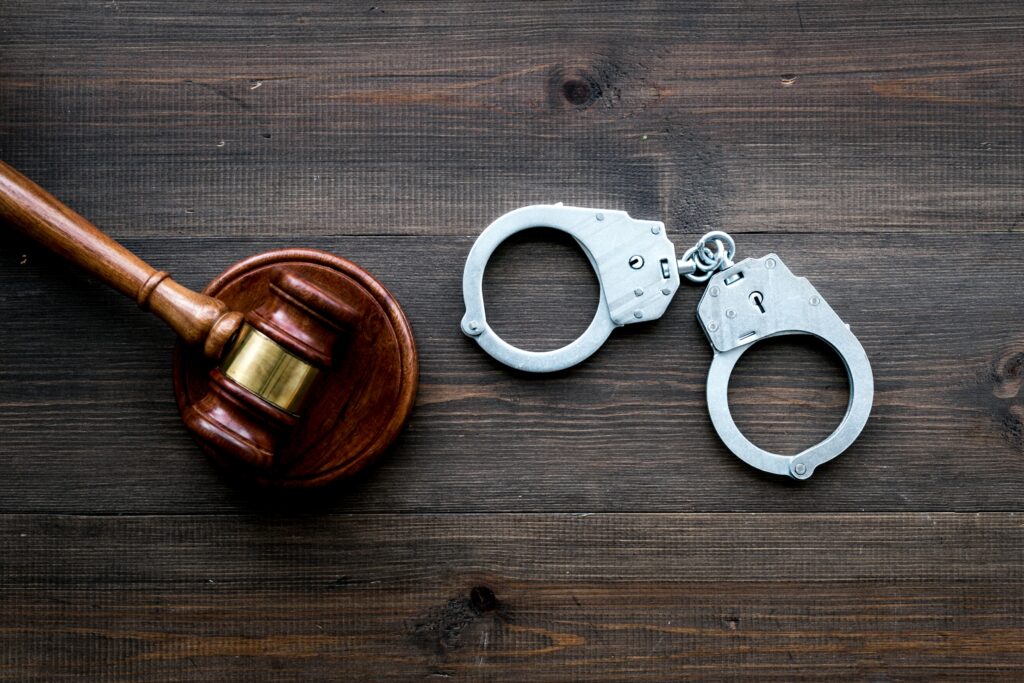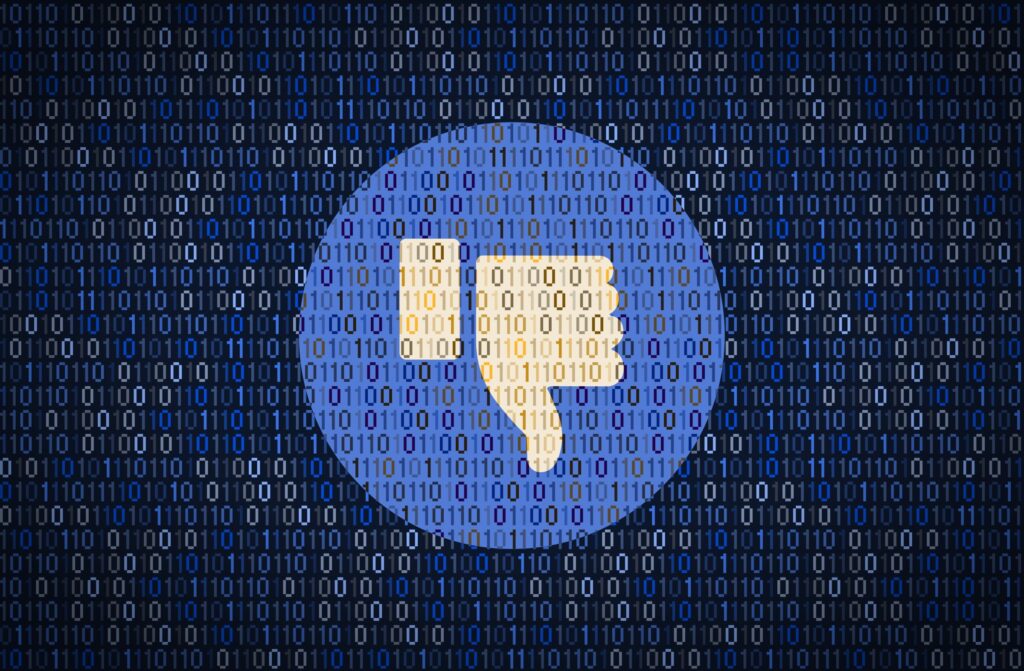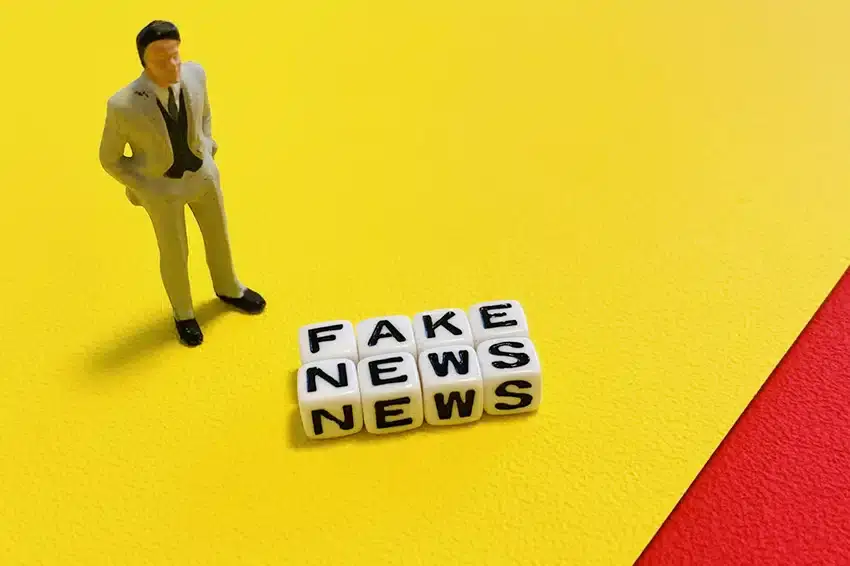Defamation and Business Interference Crimes such as 'Corona at ● Store' on Internet Bulletin Boards

Regarding the novel coronavirus, the so-called online rumors are becoming a social issue. For example,
A case of the new coronavirus infection occurred at the ○○ store of ●●
A clerk at the ○○ store of ●● was infected with the new coronavirus
These are examples of false information posts.
https://monolith.law/reputation/removal-of-hoaxes-about-coronavirus[ja]
Malicious false information has become a matter of concern for business owners who run restaurants, beauty salons, hair salons, hotels, etc., under the current social circumstances. It can be said that a prompt response is necessary.
We have mentioned in the above article that such rumors can be illegal as defamation, infringement of business rights, and obstruction of business.
In fact, there have been cases where people have been arrested for business obstruction due to malicious rumor postings.
Typical COVID-19 Related False Information Constitutes Business Obstruction Crime
According to the Mainichi Shimbun dated April 11th,
The Yonezawa Police Station in Yamagata Prefecture arrested a company executive in Yonezawa City on April 10th on suspicion of obstructing business by posting false information on an internet bulletin board, suggesting that there were cases of the new coronavirus at a specific restaurant. The prefectural police have not disclosed whether the suspect has admitted or denied the allegations.
Company executive in Yonezawa arrested on suspicion of obstructing restaurant business by posting “Restaurant A has corona” on internet bulletin board[ja]
The arrest was made on the suspicion that on March 2nd, the suspect posted false information from his mobile phone on an internet bulletin board, naming a restaurant in the city and suggesting that there were cases of the new coronavirus at the restaurant, thereby obstructing its business.
This is a typical case of false information related to the new coronavirus, where a specific restaurant was named and it was posted on a bulletin board that there were cases of the new coronavirus at the restaurant. In this case, an arrest was made on suspicion of business obstruction.
It should be noted that business obstruction can be classified into:
- Obstruction of business by deception, which is established when business is obstructed indirectly (intangibly)
- Obstruction of business by force, which is established when business is obstructed directly (tangibly)
However, the boundary between the two is said to be ambiguous. In fact, typical cases of business obstruction established by postings on the internet have been bomb threats, but there have been cases where arrests and prosecutions have been made for obstruction of business by deception and cases where arrests and prosecutions have been made for obstruction of business by force, even for the same bomb threats, and the boundary is ambiguous.
https://monolith.law/reputation/charge-of-forcible-obstruction-of-business[ja]
Regarding the arrest in this case, according to the Asahi Shimbun of the same date,
The prefectural police revealed that they are investigating another case of business obstruction related to the new coronavirus.
Arrested on suspicion of business obstruction for posting “Corona” and naming a restaurant[ja]
It seems that the prefectural police are determined to take strict measures against similar postings.
Potential for Swift Resolution by Reporting Damages to the Police

This can be considered as ‘good’ news for business owners who may be victims of similar false rumors. If you happen to be a victim of such false rumors, there is now a possibility for a swift resolution.
Generally, there are civil and criminal solutions to online defamation.
Civil Solutions
If the defamatory post can be deemed illegal in civil law, you can request a lawyer to delete the post or identify the poster. However, to identify the poster through a lawyer, you need to go through two steps:
- Disclosure of IP address from the site operator: Possible through a swift procedure called provisional disposition, taking 1-2 months
- Disclosure of name and address from the provider: Requires a lawsuit, taking more than 3 months
Particularly problematic is the second step. As it requires a formal lawsuit, it often takes more than half a year in total to identify the poster. However, the deletion of the article itself can be requested simultaneously with the disclosure of the IP address at the first step, so it can be realized relatively quickly.
We have detailed explanations about these procedures in another article on our site.
https://monolith.law/reputation/disclosure-of-the-senders-information[ja]
Criminal Solutions
If the defamatory post is also illegal in criminal law, you can request the police to investigate. The police can realize the following without using court procedures such as provisional disposition or lawsuit, but by using their investigative authority:
- Disclosure of IP address from the site operator
- Disclosure of name and address from the provider
Therefore, if the following two conditions are met:
- The police actually conduct an investigation
- The site operator and provider cooperate with the police investigation
The resolution can be very swift. In this case, an arrest was made on April 10 for the post on March 2, so the identification of the name and address was realized in just over a month.
However, generally speaking, the above two conditions are difficult to meet. As is often said, the police, unfortunately, often adopt an attitude called ‘non-intervention in civil matters’ regarding defamation on the Internet (the meaning and nuances of this are omitted in this article), and as a result, there are many cases where an investigation is not easily conducted. However, the above reports may suggest the possibility that the police may respond relatively quickly to false rumors related to the coronavirus.
Since the crime of obstruction of business is not a complaint-based crime, it is not necessary to file a complaint to urge the police to investigate, and in practice, you will submit a damage report.
Based on the above, the following can be said about false rumors related to the coronavirus:
- Typical coronavirus-related rumors such as ‘Corona at ● store’ are not only ‘illegally civil’ such as infringement of the right to honor, but also likely to be criminally illegal as obstruction of business
- The police may actually respond quickly to typical coronavirus-related rumors
In the case of such typical rumors, it can be said that there is a possibility of swift resolution by the business owner themselves reporting the damage to the police, without having to request a lawyer.
Limitations of Police Investigations and Arrests and Overseas Websites

However, at least generally speaking, there are many cases where operators of bulletin boards and web services overseas, such as foreign businesses, are uncooperative with the Japanese police. This article will not go into detail, but
When evidence necessary for the investigation of criminal cases in our country (including supplementary investigations in public trials. The same applies in this section.) exists in a foreign country, it is necessary to request investigative assistance through diplomatic routes to countries that do not have a separate route established by a treaty on mutual assistance.
Section 3: International Assistance in Investigation and Justice[ja]
(Omitted)
Looking at the investigative assistance requested from our country to foreign countries at the request of the Public Prosecutor’s Office, the total number of commissioned cases in the past 10 years is 169, and the partner countries (including regions) are 27. (Based on materials from the Criminal Affairs Bureau of the Ministry of Justice.)
As such, the Japanese police do not have direct investigative authority over foreign business operators.
In other words, for example, if a similar false tweet is posted on Twitter, the “evidence necessary for investigation” to identify the perpetrator of the false tweet is “existing in a foreign country” as managed by the foreign corporation, Twitter, Inc., and the Japanese police do not have direct investigative authority over this. Although Twitter and many global companies have corporations in Japan as well,
- The operating entity of web services like Twitter is ultimately a foreign corporation
- Domestic corporations are only engaged in domestic advertising-related businesses and Japanese localization, etc.
In most cases, the domestic corporation does not hold the evidence necessary to identify the perpetrator.
Therefore, it is uncertain whether a similar criminal resolution can be achieved for web services clearly operated by foreign business operators, such as Twitter and Facebook, and bulletin boards said to be operated by foreign corporations, such as 2channel and 5channel.
What if the web service is operated by a foreign business owner?

However, the concerns mentioned above are strictly related to the stage of “whether the perpetrator’s IP address can be identified”. As I have mentioned repeatedly, in order to identify the perpetrator of online defamation, it is necessary to go through two stages:
- Disclosure of IP address from the site operator
- Disclosure of name and address from the provider
Regarding the coronavirus-related rumors, the second stage mentioned above is:
(If the perpetrator is posting from within the country) Requesting the domestic provider (such as Docomo for mobile lines or Nifty for fixed lines) to disclose the name and address based on the perpetrator’s IP address
This step is often achievable as an exercise of the normal investigative powers of the Japanese police, as long as the perpetrator is using a domestic provider.
Therefore, in the case of web services operated by foreign business owners such as Twitter and Facebook, you may want to:
- Request a lawyer to disclose the IP address from the site operator
- If the IP address is disclosed and it is confirmed to be a domestic provider (such as Docomo for mobile lines or Nifty for fixed lines), urge the police to investigate at this point
If the IP address is identified and it is from a domestic provider, you may be able to submit to the police “the fact that this IP address was disclosed through a provisional disposition via a lawyer” as evidence, and have the police conduct the subsequent investigation (identification of the name and address of the provider).
Summary
As mentioned in another article on our site, typical COVID-19 related rumors can be dealt with as follows:
- If it’s just about deletion, there is a possibility that it can be quickly realized without using court procedures, as it could be considered a “violation of terms of use”. For example, Tabelog (a Japanese restaurant review site) stipulates that posts that are “difficult to verify” are a violation of their terms. Therefore, rumors such as “a coronavirus infection occurred at a certain restaurant” could potentially be removed due to a violation of terms of use, as it is difficult to verify whether the content is true or not.
- Even on sites that do not have such terms of use, false rumors can potentially be illegal in civil law as defamation (infringement of the right to honor). In fact, there are court cases that have recognized rumors such as “I got food poisoning from the meal I ate at that restaurant” as illegal due to infringement of the right to honor. If it is deemed to be defamation (infringement of the right to honor), it may be possible to achieve deletion through out-of-court negotiations.
- At the very least, in the case of posts that constitute defamation (infringement of the right to honor), it is possible to request deletion and disclosure of IP addresses through a quick court procedure called “provisional disposition”.
These are some of the measures. In addition to the above, the recent news suggests that:
- The police may also conduct investigations on the premise that typical COVID-19 related rumors are business obstruction. If the police take action, at least in the case of domestic business owners, it is possible to realize the disclosure of IP addresses (to site operators) and personal information such as addresses (to providers).
- However, this may not necessarily be the case for foreign business owners. In the case of online rumors, especially those involving web services operated by foreign business owners, it may be quicker and more reliable to request the disclosure of IP addresses through provisional disposition procedures by hiring a lawyer.
These are some of the possible measures.
Category: Internet





















